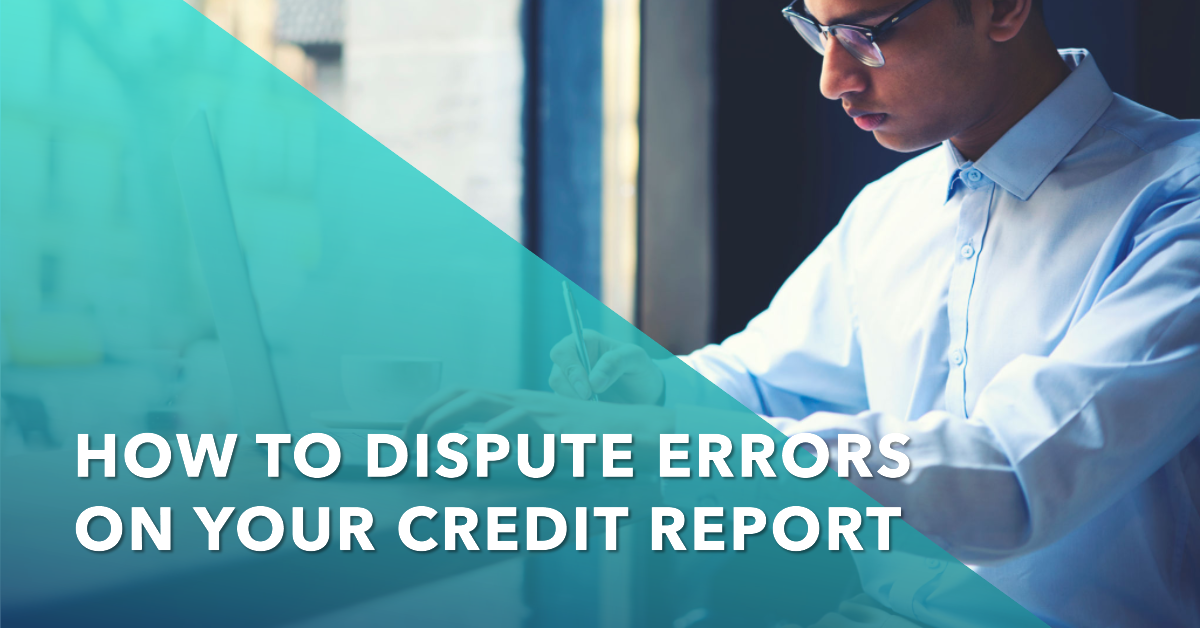How to Dispute Errors on Your Credit Report
Your credit report contains a lot of important information about your credit history, including your payment history, credit limits, and outstanding balances. Unfortunately, sometimes this information is inaccurate, incomplete, or outdated. When this happens, it can have a negative impact on your credit score and your ability to obtain credit.
Fortunately, there is a way to dispute errors on your credit report. Here are the steps you can take to dispute errors on your credit report:
Step 1: Obtain a Copy of Your Credit Report
The first step in disputing errors on your credit report is to obtain a copy of your credit report. You are entitled to one free copy of your credit report from each of the three major credit reporting agencies – TransUnion, Equifax, and Experian – every 12 months. You can request your free credit reports from AnnualCreditReport.com.
Step 2: Review Your Credit Report Carefully
Once you have obtained a copy of your credit report, review it carefully to identify any errors or inaccuracies. Look for errors in your personal information, such as your name, address, and Social Security number, as well as errors in your credit accounts, such as late payments, collections, or accounts that you did not open.
Step 3: Dispute Errors with the Credit Reporting Agency
If you find errors on your credit report, you should dispute them with the credit reporting agency that provided the report. You can do this online, by mail, or by phone. When you dispute an error, provide as much information as possible to support your claim, such as copies of receipts, canceled checks, or other documentation.
The credit reporting agency will investigate your dispute and may ask the creditor to verify the information. If the creditor cannot verify the information, it will be removed from your credit report.
Step 4: Follow Up on Your Dispute
After you dispute an error on your credit report, the credit reporting agency has 30 days to investigate and respond to your dispute. If the error is not removed from your credit report, you should follow up with the credit reporting agency to ensure that the error is corrected.
Step 5: Contact the Creditor
If the credit reporting agency does not remove the error from your credit report, you should contact the creditor directly to dispute the error. You can do this by phone or in writing. Provide copies of any documentation that supports your dispute.
Step 6: File a Complaint with the Consumer Financial Protection Bureau
If you have followed these steps and the error on your credit report is still not corrected, you can file a complaint with the Consumer Financial Protection Bureau (CFPB). The CFPB will investigate your complaint and may take action against the credit reporting agency or creditor if it finds that they violated the law.
By following these steps, you can dispute errors on your credit report and protect your credit score. Remember to check your credit report regularly to ensure that it is accurate and up-to-date.
Next article: “What to Do After You Dispute an Error on Your Credit Report”


